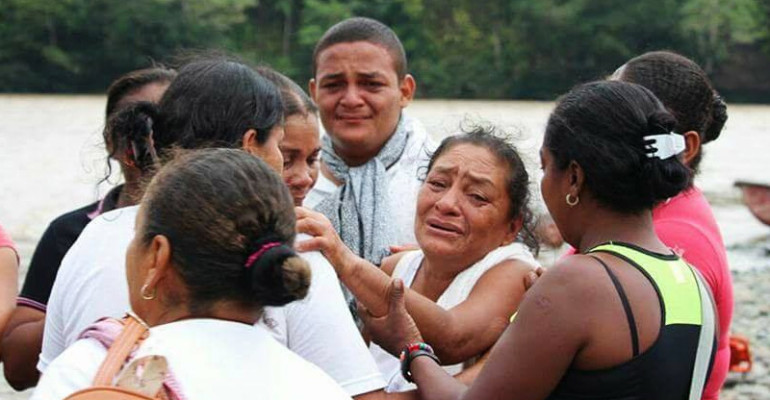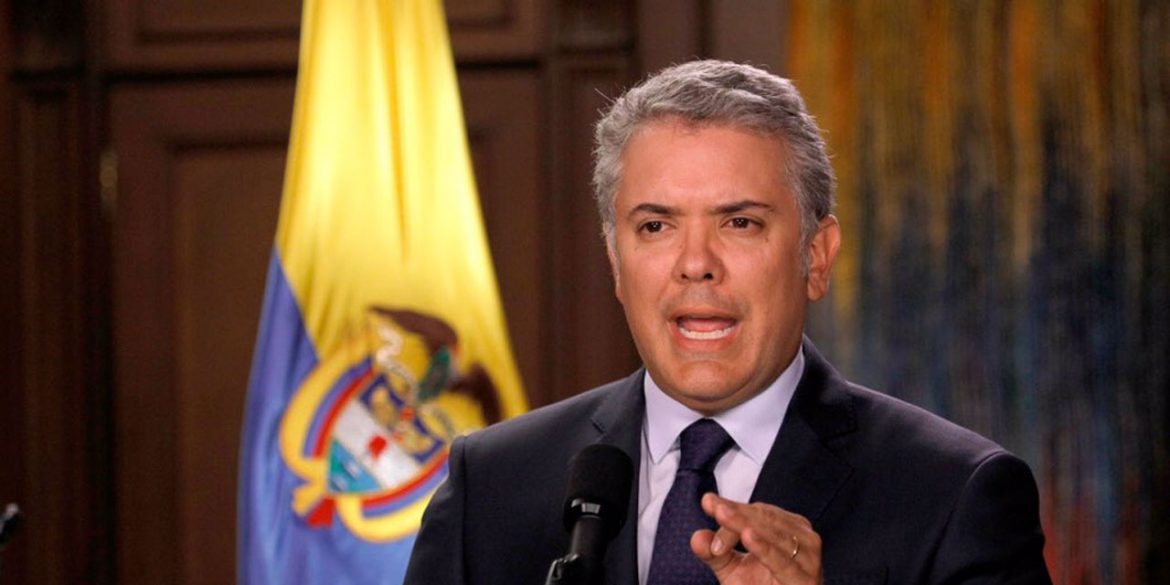RIO DE JANEIRO, BRAZIL – The 2019 Annual Report of the Office of the United Nations High Commissioner for Human Rights (UNHCHR) in Colombia, published last week, sparked discontent among government officials. The report draws attention to 36 massacres with 133 deaths and reports 108 murders of human rights activists.

In addition, gross human rights violations by the military and the police are cause for great concern. With regard to the nationwide protests that started in November 2019, the report shows that members of the Special Counterinsurgency Task Force (ESMAD) failed to comply with international rules and standards. The UN Office further reports 23 attacks by police on journalists who were covering demonstrations. Murders and attacks on journalists have also been reported.
The report’s final chapter includes recommendations aimed at improving the human rights situation in the country. Among other things, the UNHCHR recommends transferring the police force supervision, which is currently under the Ministry of Defense, to the Ministry of the Interior.
The Colombian government reacted with irritation to the UN’s publicly announced figures and recommendations for action. President Iván Duque spoke of interference in Colombia’s sovereignty. The head of state made particular reference to the recommendation that the police be assigned to the Ministry of the Interior. According to Duque, this discussion is solely incumbent on the Colombian authorities.
The President made his statement at virtually the same moment as High Commissioner Michelle Bachelet formally presented the UNHCHR document in Geneva, Switzerland. She had already received a briefing from the Colombian Ministry of Foreign Affairs, in which she was told that it was regrettable that her office “missed the opportunity to produce a full, balanced and comprehensive report”.

Defense Minister Carlos Holmes Trujillo pointed out that the government did not approve of the United Nations report on the human rights situation in Colombia in 2019. According to him, it contains imprecise statements that attack the legitimacy of institutions and seem to exceed the mandate the government has established with the Office of the High Commissioner for Human Rights.
The UN, in turn, responded to the Colombian government’s allegations and issued a press release in late February.
In it, the UN first reminded the Colombian Government that it has been present in the country’s territory for over 60 years and has been cooperating with the State. In another section of the press release, it said: “Our reports offer constructive recommendations from various perspectives, always with the aim of contributing to sustainable development and peace-building in the country. […] The organization will continue to strengthen deferential dialogue and support the country in building a prosperous and peaceful future”.
However, voices of both support and criticism of the international organization have been raised in Colombia. Senator Ernesto Macías of the right-wing conservative Colombian party ‘Centro Democrático’ suggested to President Duque on Twitter that he close the Office of the High Commissioner for Human Rights in Colombia.

